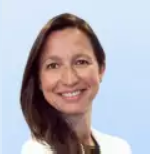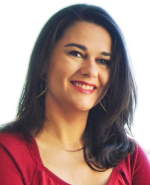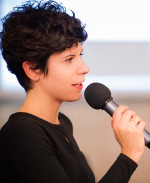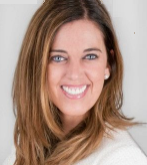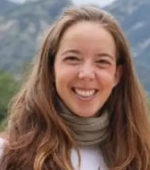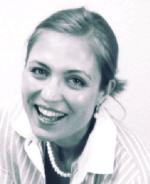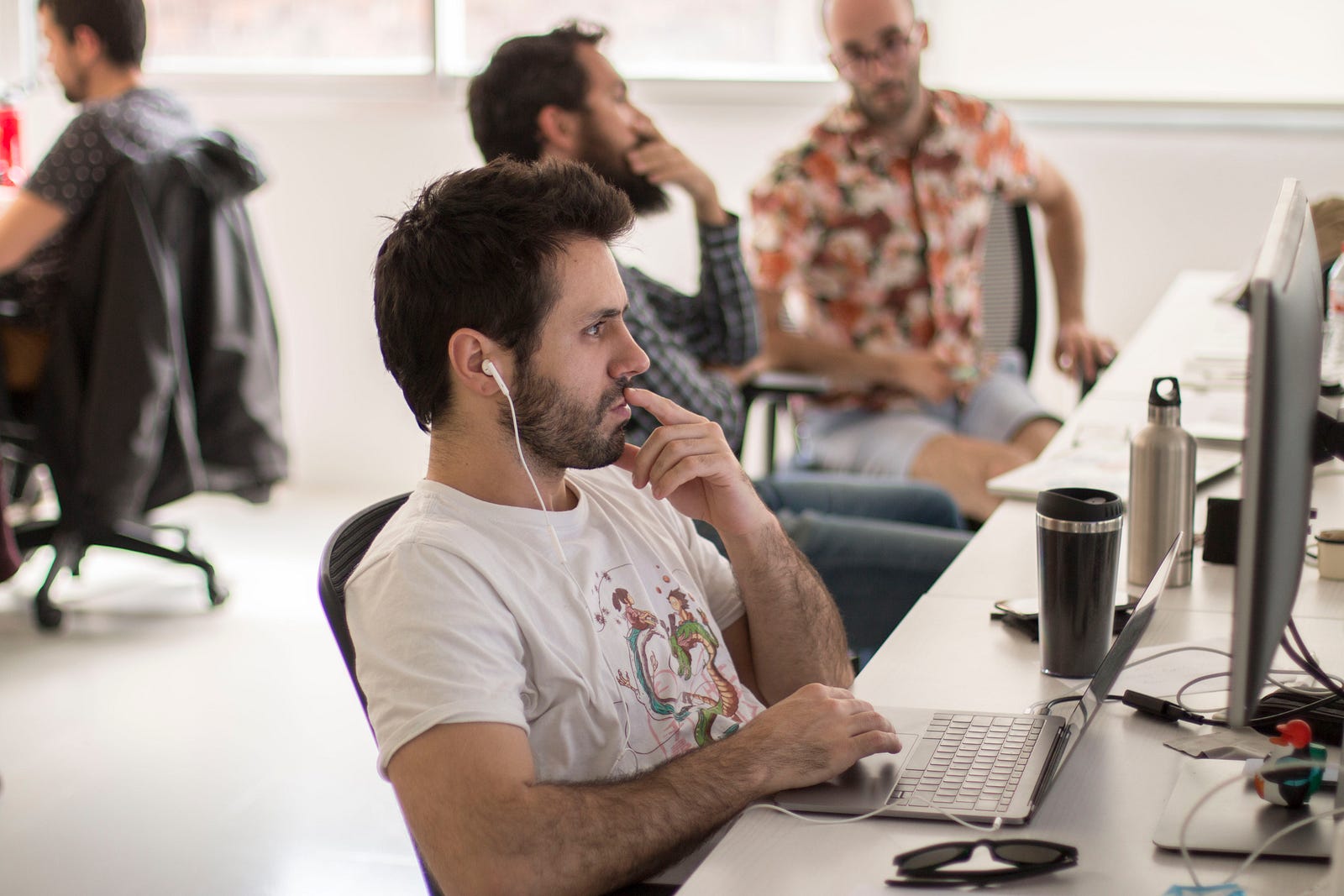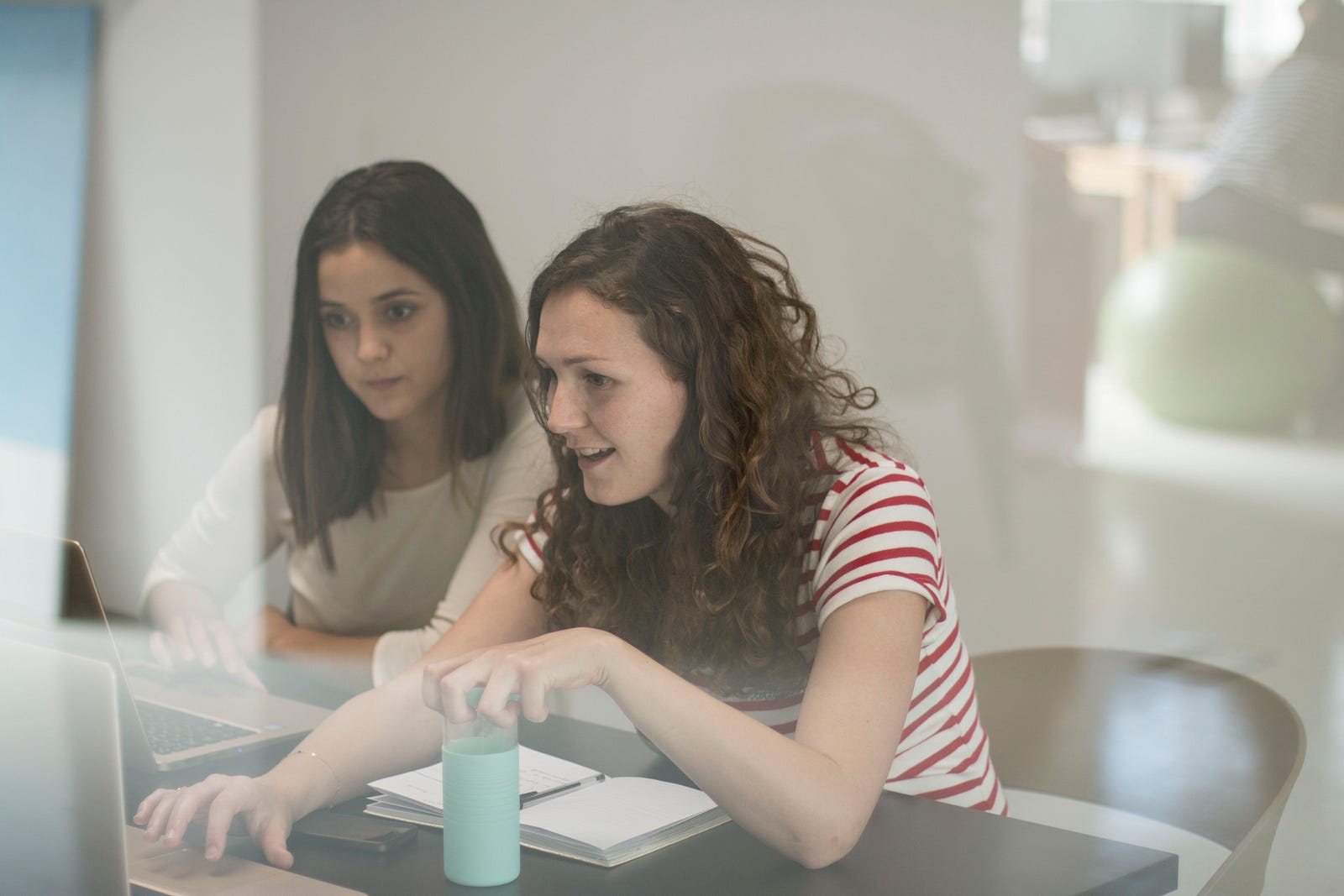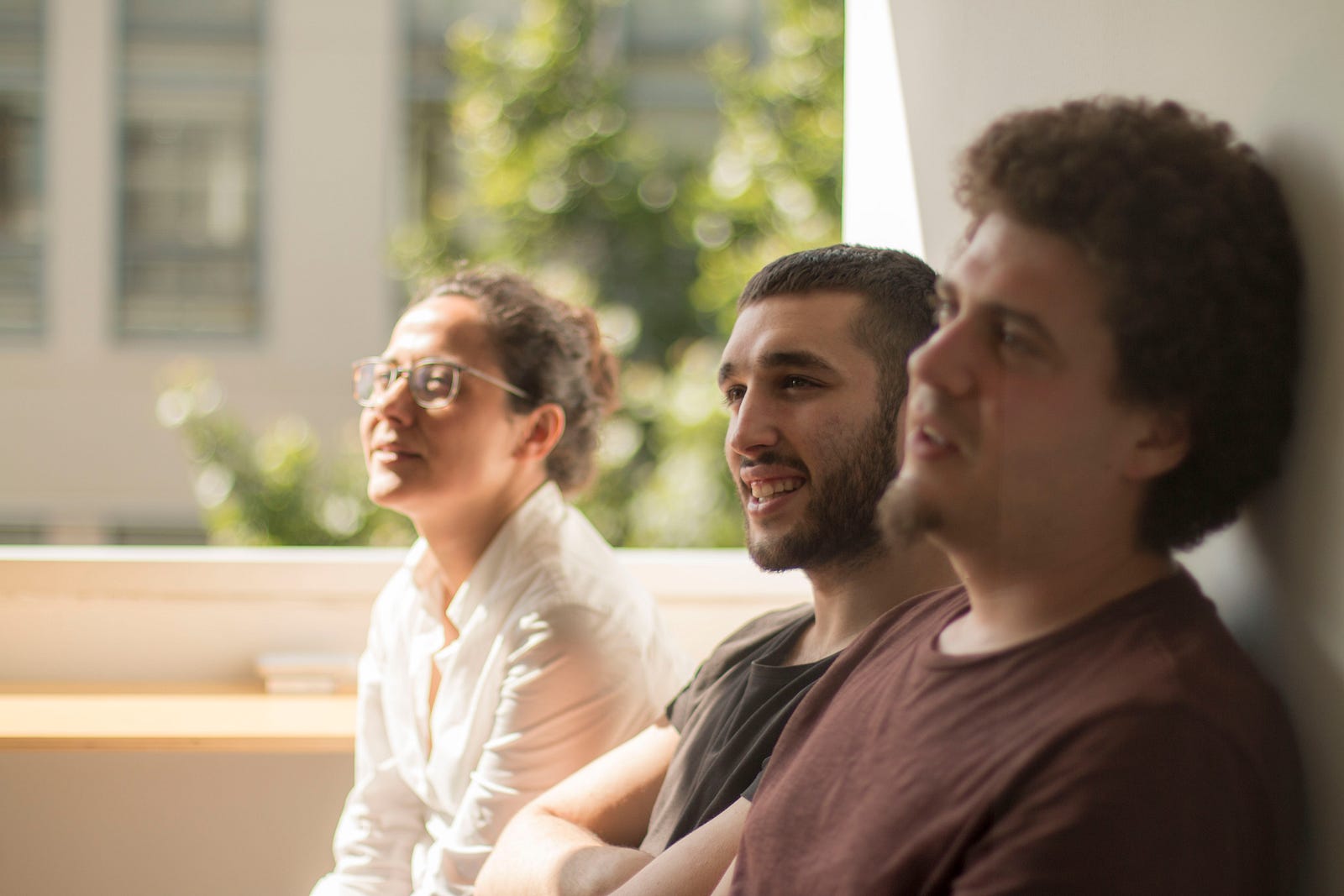Podcast #29 — Talking Insurtech with Eugeni Morales
In itnig’s Podcast #29 Bernat Farrero, CEO at itnig speaks with Eugeni Morales about his experience in the Insurtech and Proptech business. Eugeni is one of our partners at Factorial and someone we have the pleasure of working with day by day.
At itnig every Friday we sit down to talk with interesting people whom we meet throughout the week and we make a podcast (in Spanish) out of our conversations. You can listen to it on iTunes, subscribe to our channel on Youtube or enjoy it through iVoox.
For this Podcast #29 Bernat Farrero, CEO at itnig and Eugeni Morales come together to talk about the beginning of his career in Insurtech, what he has learned, how digitalization has shaped the sector and how he got involved with Factorial.
Eugeni, how did you get started in the world of insurance?
I had the chance that my family already had small businesses. I started to study engineering and straight out of college worked for a multinational company. After a few months I realized that this was not what I was looking for and started to work in a family business dedicated to insurance for medical sector. Eventually we sold the company to insurance executives and after this first experience in entrepreneurship I continued to create another business in the insurance sector.
In 2003 / 2004 I was leading a medical services business oriented to companies and other businesses connected to this. We had about 200 employees and revenues of 6 million Euros facilitating medical services to construction firms for example.
What are the margins in such a business?
When you work for insurance companies the margins are very small, whereas in the public sector you can reach a higher margin. All in all however it was very complicated work because you had a high costs for overheads for the doctors. In the end we sold the company.
Why did you decide to sell if the business was working for you?
It was a lot of work with high labor risk for a low margin. At that age, I preferred to have a less labor intensive business. We sold the company and I decided to go into the real estate sector. After living through the real estate crisis, I took a break in 2010 to travel the world and recharge.
Upon coming back to Barcelona I started again. This time I had the idea to start online. Not that I knew anything about Internet but I thought there were many opportunities. That’s when the idea of Insurtech started taking form.
The first online company I created was an insurance information portal — where you as a user could have access to all insurances you have, see the costs and compare them and contract new / switch insurances right through the platform. An insurance comparison if you will.
This business is where I lost the most money in my life. It did not work — I did not execute it well and the market was not ready.
The insurance sector is a very regulated business. You cannot apply lean or startup methodologies of trial and error if you are in such a regulated space. Regulations condition your philosophy of trial & error.
What went wrong? What was your go-to market plan?
I dedicated a lot of time to create the product and little time to think about what the user would want. Our time to market was delayed a lot because we needed to reach agreements with insurance companies. When we finally launched, the margin time we had to interact with the market, to have traction was really short.
We were an aggregator of insurance policies as app. For a lot of users it was the first time they knew how much they were spending on insurance, which insurance they had contracted and a chance to compare them.
What was your business model?
We worked as brokers, with a commission based on all insurances. However, the insurance companies at that time were not so interested in digital world. Now of course this has changed and they are investing a lot online.
From what I learned here new businesses emerged and I maintained a good relationships with an international broker looking at what online business can grow, what opportunities there are for brokers.
So what kind of projects do you do in Insurtech?
Different products like insurance cancellation for travel companies like Waynabox, Real Estate sector or even all kind of Classified sites like for example Wallapop.
We are not looking for distribution but rather new business models for insurances in the digital space. Where there is insecurity between buyer and seller, we can create an insurance product dedicated to bridge this gap.
An exempla is the fintech startup Marketpay. You buy a product from someone far away and you don’t want to go to physically pick it up and check it is in good conditions. We can do logistics and an insurance for warranty of product for you.
We work with escrow payments on the platform. The buyer pays for the product, the company keeps the money until product is received and validated by the buyer. Only once the product is checked, is the money released to the seller. If it turns out that the product does not work in the limit of 30 or 60 days, the product is returned — repaired or the money is reimbursed partially. We are part of this operational flow of Marketpay — creating a new insurance product that did not exist before.
Without escrow, without validation by the buyer this would be impossible.
In this way, I look for startups where we can test new products like this — before bringing it to a much bigger customer.
A bigger customer like Airbnb?
Yes, for example.
We created an insurance that covers the damage a visitor might leave in your house. The traveller instead of leaving a deposit, could pay a premium that covers the damage. That could be an option, substitution the deposit for a premium (which will never be recovered). There is a friction between traveler and renter. Renters needed to have money in cash- that makes it more complicated and we think that in this case for example an insurance would be better.
Airbnb can make a margin off the premium, on a deposit Airbnb does not make anything.
What changes do you see in the business? Is there anything that surprised you lately?
The model that I most liked could be the one used by Marketpay, using escrow but some would consider this more Fintech than Insurtech. Another interesting project I recently saw in the US is a company offering to cover certain risks but instead of asking for a premium they ask for more data of their users. If you give us access to this data and the buyer, we’ll cover the risk. Substituting the insurance for data could be a possible future.
What about Factorial? You got to know Factorial in the very beginning and you decided to invest. Where did you see the opportunity?
The strong suites I saw were and are that technology has a high importance. There is a clear market necessity, brokers were already doing it (benefits), so there was an existing demand. The capacity to monetize was diversified not just insurance but through other products as well. The commission is small but the volume is high and the segment is growing. As there is more pressure on our social welfare system, young people are looking more and more for private insurance — if they can get benefits by going through their employer why would they not do it?
Another important part in my decision was itnig. Knowing that itnig is behind Factorial meant that I did not have to worry that the entrepreneur would get scared, it’s not the fist time they are doing it, they know how to build a business.
In general, what motivates you when investing?
I only invest if I know about the sector, if I can bring contacts and add value, if I see a strong team and an infrastructure like an incubator that gives more security, behind the startup.
If I don’t know anything about the space the startup is working in I don’t go in.
What are you planning to do int he next years?
I have some ideas to start a business in Real Estate. And for the other projects, where I have invested I look to contribute the most to make it a success like Factorial or Marketpay.
Listen to our podcast to learn more about Eugeni’s story. Learn more in this Podcast in Spanish on our Youtube channel, listen to it on iTunes or enjoy it through iVoox and subscribe to our newsletter to stay always up to date.


